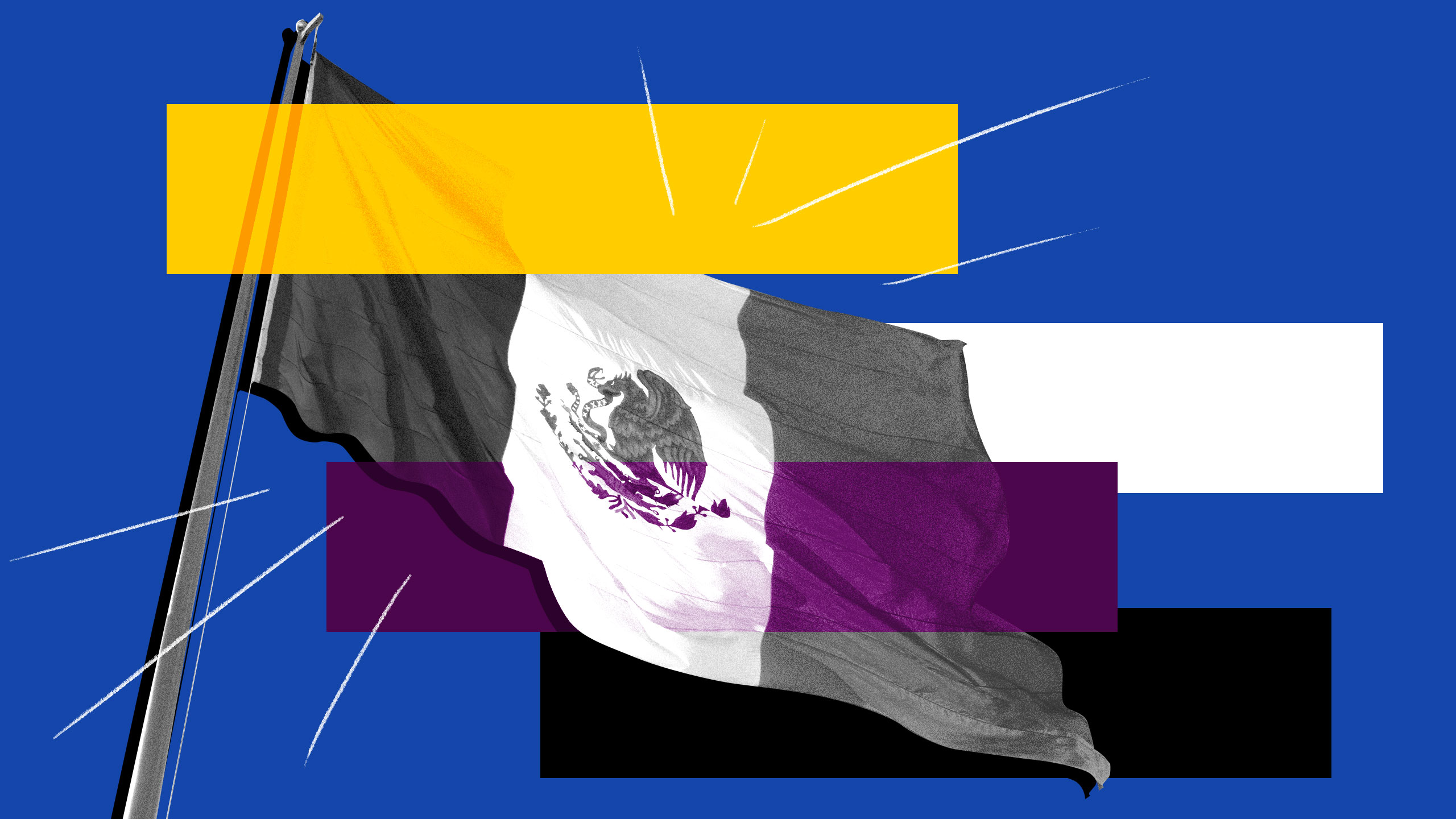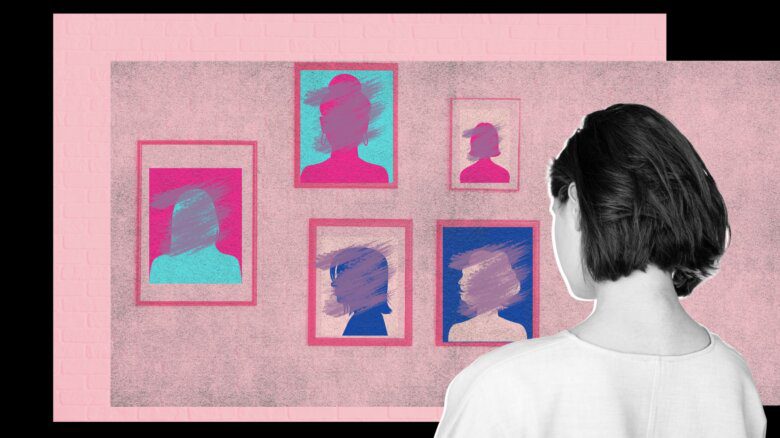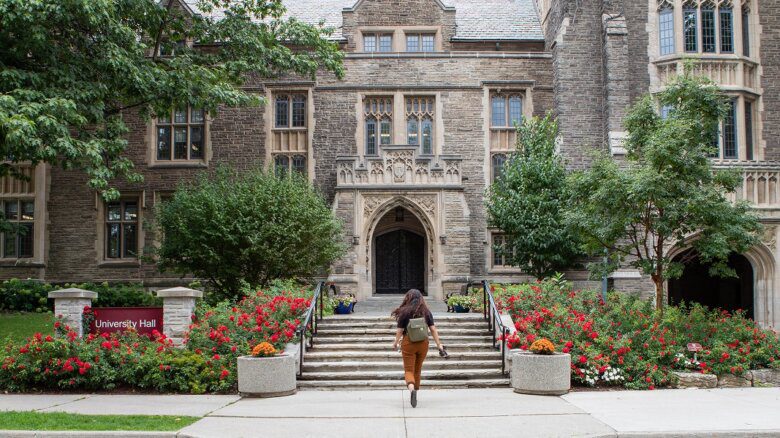Mexico issued its first non-binary birth certificate earlier this month in a watershed moment for the country’s LGBTQ+ community.
Fausto Martínez reportedly received a birth certificate with their sex listed as “N.B.” (or non-binary) from the Civil Registry of Guanajuato, a city in central Mexico, on Feb. 11. Mexico’s National Electoral Institute (INE) initially denied Martínez’s application to correct their documentation last September. But with help from the Mexican LGBTQ+ advocacy group Amicus, the 26-year-old activist and law student filed a constitutional appeal to overturn the decision.
A Mexican court ruled in Martínez’s favour last month, as the Associated Press reports. The judge’s decision only pertains to Martínez’s application, but advocates hope the ruling sets a precedent for future LGBTQ+ rights victories.
“It is a collective achievement of non-binary people in Mexico, that our existence is legally recognized with all that that implies, making us a legal entity with rights and obligations,” Martínez said in a statement shared with the Spanish international news agency EFE.
“Advocates hope the ruling sets a precedent for future LGBTQ+ rights victories.”
While federal recognition of non-binary identities in Mexico is unprecedented, the decision follows several reforms allowing greater access to corrected documentation. In 2014, the legislative body of Mexico city instituted new policies making it easier for trans people all across the country to apply for birth certificates that match their lived identity. Four years later, a Mexican Supreme Court ruling waved burdensome medical requirements for trans applicants seeking updated birth records.
A majority of Mexico’s 32 states have their own laws on the books allowing trans people to amend their legal name or gender marker, per People magazine.
The wave of reforms do not solely apply to residents of Mexico. Earlier this month, the country’s Foreign Affairs Ministry announced that it would now allow Mexicans living in the United States to amend their documentation without returning to Mexico. Individuals interested in amending their birth certificate will need to provide their original birth records, as well as sworn testimony from two witnesses who can testify to their gender identity.
These changes offer renewed hope to Mexico’s LGBTQ+ community, which faces some of the highest rates of homophobic and transphobic violence in the world. A November report from Transrespect Versus Transphobia Worldwide (TvT) found that 65 trans and gender-diverse people had been murdered over the 12 month period surveyed, the second highest number of any country behind Brazil.
Despite these grim statistics, trans and non-binary Mexicans are still finding ways to thrive. Two trans women, María Clemente García and Salma Luévano, won seats in Mexico’s national parliament for the first time last year. The elections saw more than 100 LGBTQ+ candidates run for the legislature, the most in the country’s history.
Martínez said their legal victory is yet another testament to the community’s resilience.
“I have always said what is not named does not exist,” Martínez wrote in a Feb. 16 thread on Twitter. “For this reason, the transcendence of this fact, the Mexican state recognizes that non-binary people exist and with that we are subject to rights and obligations.”


 Why you can trust Xtra
Why you can trust Xtra


